Opening a Branch Office in Germany: Complete Step-by-Step Guide for UK Businesses
Learn how to open a branch in Germany to expand your UK business. Our guide explains the whole process, from registration to legal requirements and more.
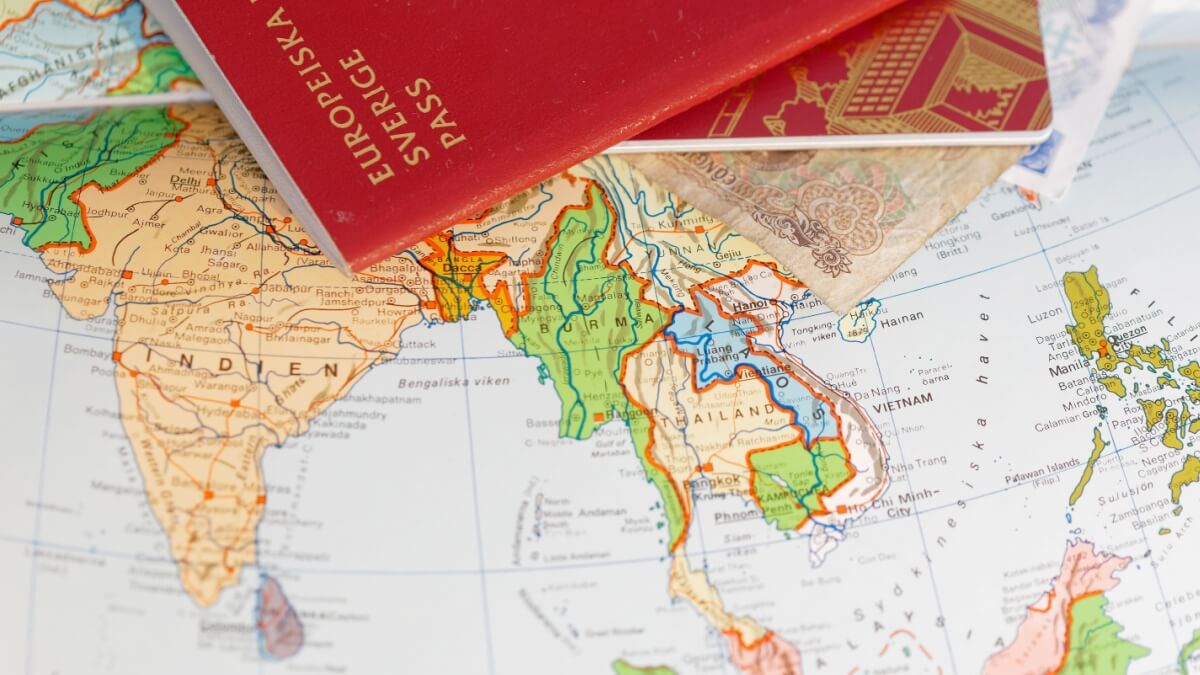
| Jump to: |
|---|
Thinking of expanding or starting a business in Asia? The continent presents many opportunities for UK entrepreneurs and growing startups, but it has its challenges too.
In this comprehensive guide, we’ll cover all the essentials you need to know about doing business in Asia.his includes the benefits and obstacles, tips on business etiquette and corporate culture, and a rundown of some of the most business-friendly countries in Asia.
Research is key to success when expanding to Asia, to understand local culture, business etiquette and regulatory requirements.
| Consideration | Description |
|---|---|
| Opportunities |
|
| Challenges |
|
| Most attractive countries for foreign entrepreneurs |
|
There are lots of reasons why UK businesses choose to expand their operations to Asia.
It’s not just the access to a market of over 4.8 billion people, or the fact that the emerging Asia (comprising China, India, Indonesia, Hong Kong, Malaysia, the Philippines, Singapore, Taiwan, Thailand and Vietnam) accounts for a huge 60% of global economic growth in 2025.¹
There are other benefits and opportunities to be found across Asia, which we’ll look at below.
The cost of living in many Asian countries is generally much lower than in the UK.
For example, on the Numbeo Cost of Living Index, the UK has a score of 64.2, making it the 21st most expensive country for everyday costs in 2025. China has an index of 29.4 (111st), Vietnam of 25.9 (124th) and India of just 19.0 (141st).²
These lower living costs often translate to lower operational costs for businesses, especially when it comes to two of the biggest overheads - premises and employees.
While warehousing space costs around £9 to £15 per square foot in the UK, this drops to just £1 to £3 per square foot in India and China.³ That being said, it depends where you set up operations - as places like Hong Kong have some of the most expensive office space in the world.
As for employees, it’s useful to know that China, Taiwan and Thailand in particular have some of the lowest labour costs in the world.⁴
Many countries in Asia are keen to attract foreign investment, and so offer tax holidays, low corporate tax rates and other economic incentives. This makes it easier and cheaper to do business there, especially for startups.
For example:⁵
The middle class in the Asia Pacific region is expanding rapidly, with some estimates predicting a billion households would fall into this category by 2034.⁶ India and China are the main drivers of this trend.
What this means for businesses is a wider base of customers with more disposable income, and more opportunities to cater for demand for certain products and services. If companies can understand and adapt to the wants, needs and aspirations of the growing Asian middle class in the specific country they’re targeting, the benefits and gains could be substantial.
Asia has long been known as a manufacturing powerhouse, and the continent accounted for a huge 53% of global manufacturing value added in 2022.⁷ Growth is continuing year-on-year, powered by foreign investment and advanced technologies such as automation, so the sector could present opportunities for startups or established businesses looking to expand there.
Another fast-growing and potentially lucrative sector in Asia-Pacific is financial technology, which is expected to achieve a substantial Compound Annual Growth Rate (CAGR) of 16% or more between 2025 and 2030.⁸ One of the most popular routes for UK fintech startups is through partnership and collaboration, taking advantage of existing infrastructure, skills and technologies.
UK startups and entrepreneurs can also benefit from the free trade agreements in operation across Asia. Countries within the continent have multilateral agreements in place to facilitate the movement of goods and services with low tariff rates.
There’s also the Trans-Pacific Partnership (TPP) that the UK signed in 2023 with 11 other countries across Asia and the Pacific, along with Europe and the Americas. The UK has also recently finalised a trade deal with India.
All of these make it easier to trade between the UK and Asian countries, as well as within the continent itself.
| 💡 Explore our international expansion checklist |
|---|
While Asia may present many exciting opportunities for UK entrepreneurs and growing startups, it also has its challenges. This will nearly always be the case when entering a new global market, especially one as large and diverse as Asia.
The more research you can do in advance, the more prepared you will be to overcome these hurdles.
To help you know what to expect, here are a few of the main challenges of doing business in Asia:
The continent of Asia is huge, and hugely diverse too. An enormous 2,300 languages⁹ are spoken across its 48 countries, and each country and even region varies considerably in terms of local culture and business etiquette.
For entrepreneurs from the UK, this may take some getting used to. It will be extremely important to work with local experts who can help you understand the nuances and complexities of the area, its people and its business landscape.
A common mistake when expanding to Asia is thinking that a one-size-fits all approach will work for all markets on the continent. This isn’t the case, so you’ll need to have a tailored business strategy to appeal to local markets, gauge customer needs and build trust and credibility.
On a practical level, you may also need translators to help you navigate processes and translate documents - or make a concerted effort to learn the local language.
One of the drawbacks of entering such a large, fast growing market is the competition, especially if your startup is in a crowded sector such as manufacturing or financial services.
Established brands and businesses will have a deeper understanding of local demand, consumer preferences and culture-informed messaging, as well as potentially decades building up local trust and credibility.
Newcomers will be at a disadvantage, so will need to carry out detailed competitive analysis and market research - to identify their unique selling point (USP) in a competitive market. It can also be helpful to acquire an established local business, or develop strong partnerships with them.
While some locations such as Hong Kong, Singapore and Tokyo are known for their world-leading infrastructure, this isn’t necessarily the case across the whole of the continent.
Businesses will need to choose their new Asian HQ very carefully, to avoid infrastructure and/or logistical issues. These range from power cuts and patchy Wi-Fi, through to poor quality roads and insufficient warehousing facilities.
It’s a common misconception that Asia is lax when it comes to regulation and enforcement, but the opposite can often be true.
Each country will have very different rules, regulations and bureaucratic processes. These can be complex and difficult for foreigners to get to grips with, and the penalties for non-compliance can be severe. This makes it essential to seek specialist legal advice and business support.
| 💡 Learn more about navigating risks of international expansion |
|---|
The process of setting up an entity in Asia will vary depending on which country you’re focusing on. But generally speaking, you’ll need to follow certain essential steps such as:
You may want to work with an international business consultant and/or a global company formation provider.
A specialist with knowledge of the country in question can help you navigate the process and understand the specific requirements for establishing a business there.
The country or region you choose to start your business in will largely depend on your market research, as you’ll want to go where there are the most opportunities and demand for your product or service. You may also have connections to a particular country, or already sell there.
But generally speaking, some countries in Asia are more attractive for foreign-owned startups than others. Let’s take a look.
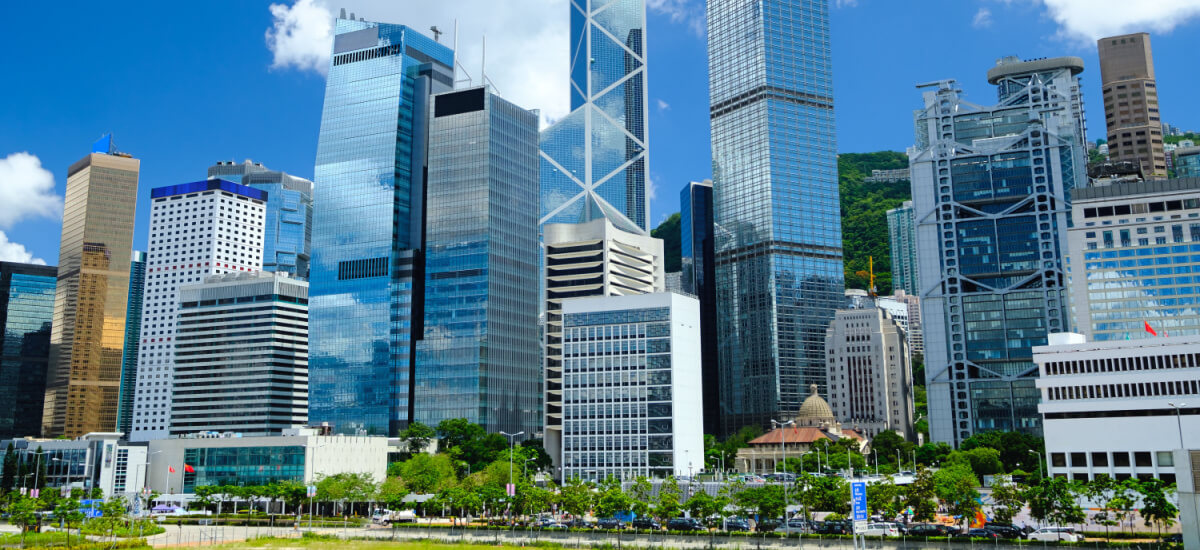
Located in the geographic heart of the continent, Hong Kong is one of the most important financial centres in the world. It continues to offer an attractive environment for businesses, due to the following factors:
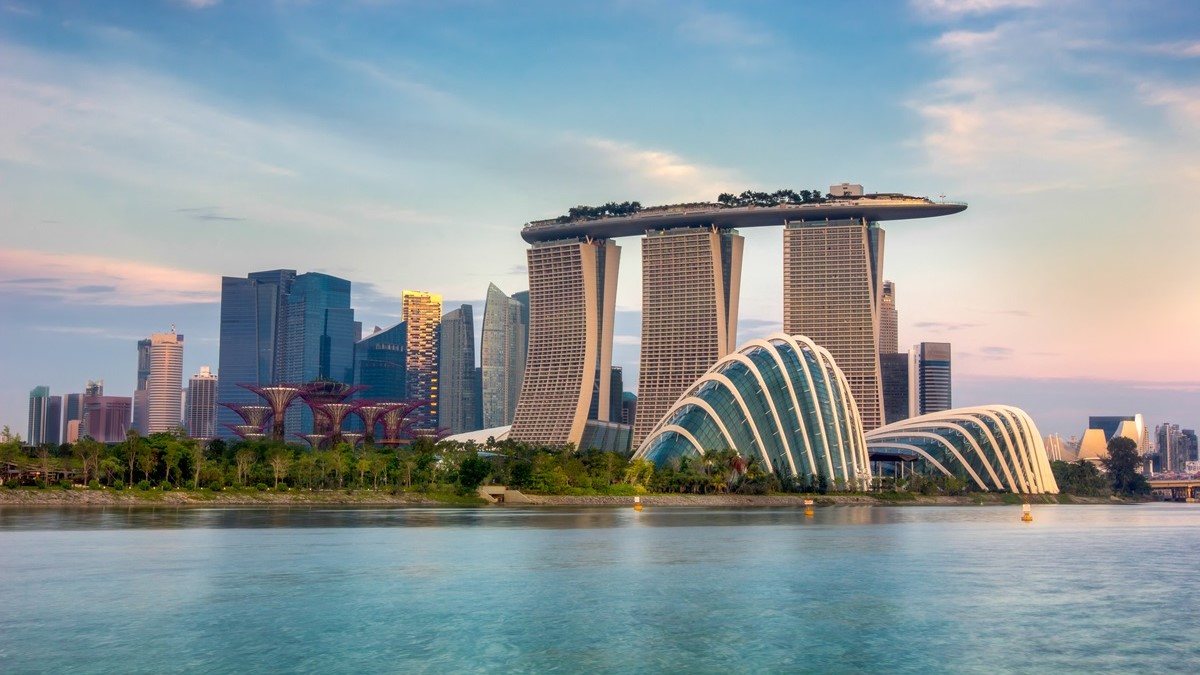
Another major global business hub and economic powerhouse, Singapore is also known for its business-friendly environment. Its attractions include:
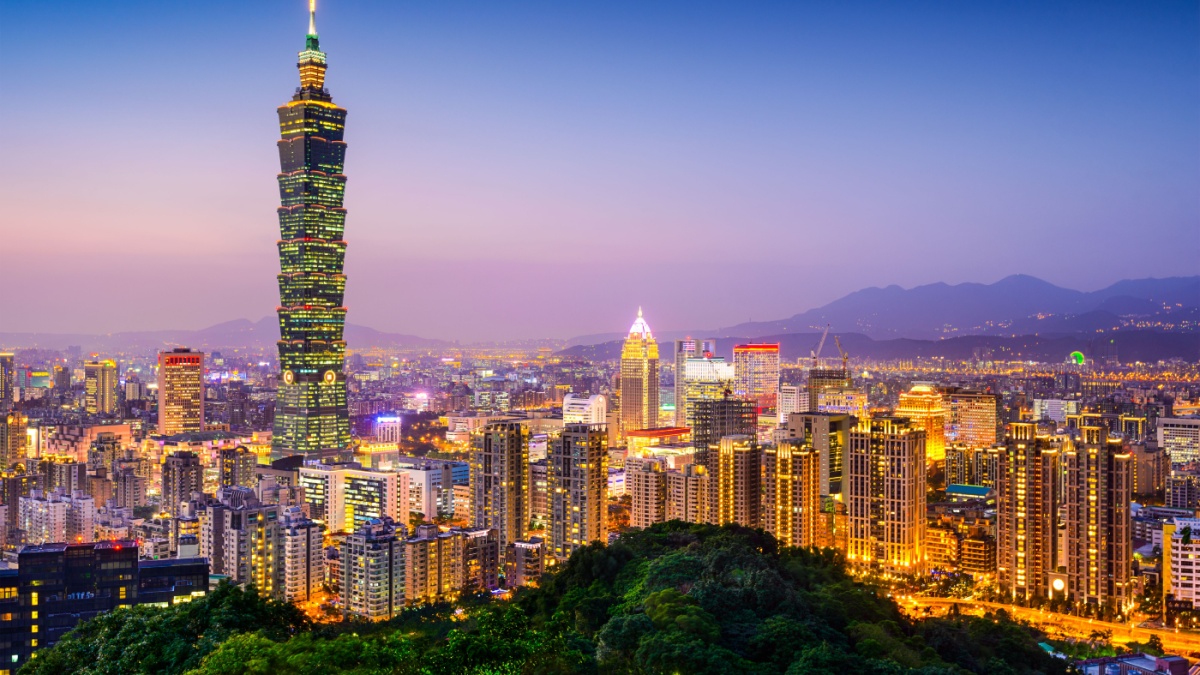
Taiwan offers a world-leading financial services industry, and is strategically located in the heart of the Asia-Pacific region. Attractions for foreign-owned businesses to launch operations there include:
One of the hardest things to adjust to as a UK entrepreneur expanding to Asia is the difference in culture - both inside and outside of the business world.
Local etiquette and culture varies considerably between countries, so you’ll need to do your research carefully.
But there are certain principles to remember - respect, hierarchy, politeness, collective consensus and relationship building. The more ‘aggressive’, direct and individualist approach often found in business cultures in the West won’t necessarily be well received.
While having a corporate bank account may be mandatory in many parts of the continent, you can also use Wise Business to help grow your business in Asia.
Open a Wise Business account and you can manage your company’s finances in 40+ currencies all in one place, including INR, CNY, JPY, MYR and many other Asian currencies, along with USD, GBP, EUR and all major currencies. You’ll be able to pay suppliers and staff in their own currency, as well as receiving payments in multiple currencies.
Wise payments are fast and secure (even for large amounts). Best of all, you’ll only pay low, transparent fees and always get the mid-market exchange rate.
With Wise Business, you’ll also benefit from the following features:
It’s quick and easy to open a Wise Business account, with a fully digital application, verification and on-boarding process. Check out the requirements here.
Wise works almost everywhere, and you can open an account in India, Japan, Indonesia, Hong Kong, Singapore and Malaysia, as well as the UK.
Get started with Wise Business🚀
*Disclaimer: The UK Wise Business pricing structure is changing with effect from 26/11/2025 date. Receiving money, direct debits and getting paid features are not available with the Essential Plan which you can open for free. Pay a one-time set up fee of £50 to unlock Advanced features including account details to receive payments in 22+ currencies or 8+ currencies for non-swift payments. You’ll also get access to our invoice generating tool, payment links, QuickPay QR codes and the ability to set up direct debits all within one account. Please check our website for the latest pricing information.
Sources used:
Sources last checked on date: 08-Jul-2025
*Please see terms of use and product availability for your region or visit Wise fees and pricing for the most up to date pricing and fee information.
This publication is provided for general information purposes and does not constitute legal, tax or other professional advice from Wise Payments Limited or its subsidiaries and its affiliates, and it is not intended as a substitute for obtaining advice from a financial advisor or any other professional.
We make no representations, warranties or guarantees, whether expressed or implied, that the content in the publication is accurate, complete or up to date.

Learn how to open a branch in Germany to expand your UK business. Our guide explains the whole process, from registration to legal requirements and more.

Learn about the best ways to pay international contractors from the UK, including Wise Business, SWIFT, and other methods to help you save on fees.
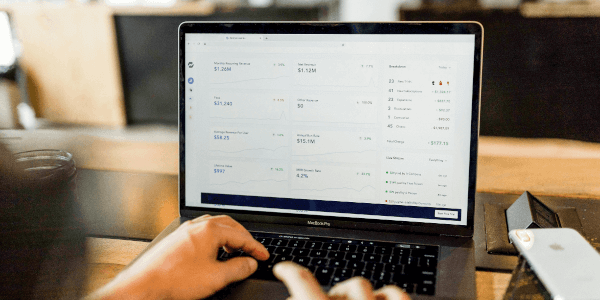
Learn the features and fees of the best online marketplaces in Asia, Europe, Africa, Australia, and America to sell your products from the UK.
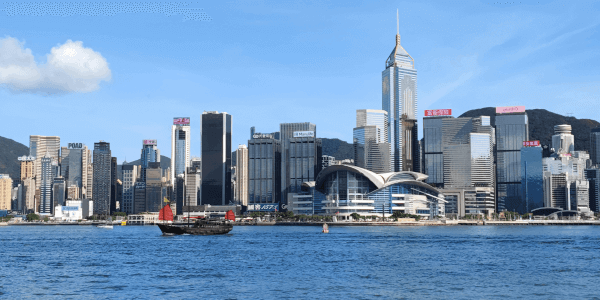
Learn how to apply for an entrepreneur visa in Hong Kong. Our guide explains eligibility criteria, business plan requirements, processing times and more.

Find out how to open a business bank account in Turkey. Our guide covers all the steps involved in detail.

Learn how UK startups can raise venture capital from US investors. Covers Delaware flips, pitching, legal requirements and practical fundraising tips.